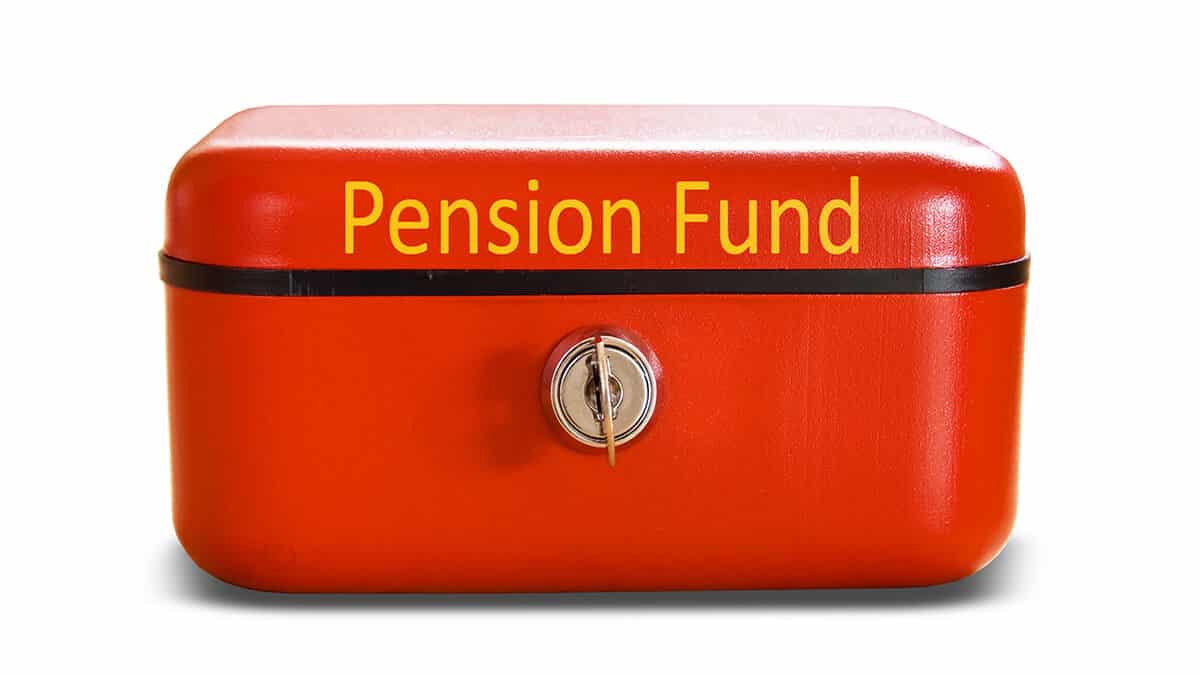In this guide
There are significant tax benefits when an SMSF member is in retirement phase, otherwise known as pension phase. Fund earnings on assets that are used to meet the required pension payments are tax free, so too are any capital gains that are realised in retirement phase.
That’s why it is essential that all the required pension standards are met each and every year.
Failing to meet these pension standards will in most cases create unwanted tax and compliance outcomes for the SMSF and the fund’s trustees.
Pensions must exist in both form and effect
For an SMSF pension to be recognised as a complying income stream, it must exist in both form and effect:
- Form: That the pension has been established in accordance with the legislative requirements and in line with the trust deed rules
- Effect: That the pension meets the ongoing pension standards each and every year.
Failing either of these will mean the pension is not deemed to be a complying income stream and will no longer be eligible for the relevant tax concessions.
Pension standards
There are a number of specific pension standards that apply to income streams being paid from an SMSF and each of these standards must be continually met.
These standards include:
Pension type: The pension must be an account-based pension, requiring the pension balance to be held in a separate pension account for the relevant member.
This pension account can only hold member benefits that form part of the pension balance. All other member accumulation benefits must be held in a separate accumulation account.
Minimum pension payment: A minimum pension amount must be paid during the year, based on the members age and the pension balance at the start of the financial year.
Minimum pension payment made before pension ceases: Before you fully commute (stop) a pension, you must make sure that at least the prorated minimum annual pension payment amount has been made.
The prorated minimum is based on the number of days that the pension was in place.
No additional capital can be added: Once the pension has started, you cannot increase the capital supporting the pension using contributions or rollover amounts.
Transfer of pension on death: Where a member in retirement phase dies, and has in place a ‘reversionary pension’, that pension can only be transferred to a dependant beneficiary.
The pension cannot be used as security: No amount of the pension’s capital value or income from the pension can be used as security for any personal borrowings.
As mentioned earlier, where the required minimum pension standards are not met, the payments will not be treated as super income stream benefits and the pension is deemed to have ended.
When this happens:
2026 SMSF calendar
"*" indicates required fields
- The pension will be deemed to have ended for tax purposes at the start of the financial year, which means the SMSF will no longer receive a tax exemption on the pension earnings or capital gains in that year.
- Any payments made during the year will be treated as superannuation lump sums for both tax and super purposes, and not pension payments; and
- The SMSF trustees must report the cessation of the pension to the ATO using a transfer balance account report (see below).
Reporting requirements
Super fund trustees are required to report the start and finish of all retirement phase income streams within their fund by completing a transfer balance account report (TBAR), which then needs to be lodged with the ATO on a quarterly basis.
This reporting obligation includes pensions that have ceased due to failing the pension standards.
The reporting outcomes from this include:
- The credit that arose when the member started the income stream remains in the individual’s transfer balance account. For example, where a pension is started with $1.9 million, there is a credit in the members transfer balance account for that $1.9 million.
- The SMSF trustees must then report the cessation of the income stream, and the value of the pension at that time will appear as a debit in the individual’s transfer balance account. Where the pension standards are failed, the pension would usually stop at the end of the financial year (30 June) and the value of the pension on that date would be used.
- For most members, the value of the pension will no longer be equal to the original credit, as payments would have been made over time. For example, where the pension value at that time is $1.5 million, due to payments made, the value of the debit entry into the individual’s transfer balance account will only be $1.5 million.
- This means that if the member wants to recommence a new pension at any time in the future, they can only move $1.5 million into that new pension account.
In situations where you have not met the minimum pension standards, you should seek tax and administrative advice from your fund’s accountant.
Does a new pension have to be started?
Where the SMSF member decides that they want their pension to continue, they will need to take the required steps for this to happen; that is, once again they will need to ensure their SMSF pension exists in both “form” and “effect”.
There has always been some doubt within the SMSF industry about whether a member needed to restart a new pension, or if the existing pension could simply continue so long as ALL the required pension standards were then met.
In July 2024, the ATO tax ruling covering the commencement and cessation of pensions was updated, and now includes the following statement:
Essentially this requires the members to do everything required under the legislation and the SMSF trust deed to start a new income stream.
The bottom line
Meeting the minimum pension standards should not be an onerous task for SMSF trustees, so long as there is an appropriate level of fund administration, and the occasional review of pension payments from the fund takes place.
Using an annual end-of-year checklist can also help highlight and remind SMSF trustees of the important year-end matters, including the pension standards.



Leave a Reply
You must be logged in to post a comment.